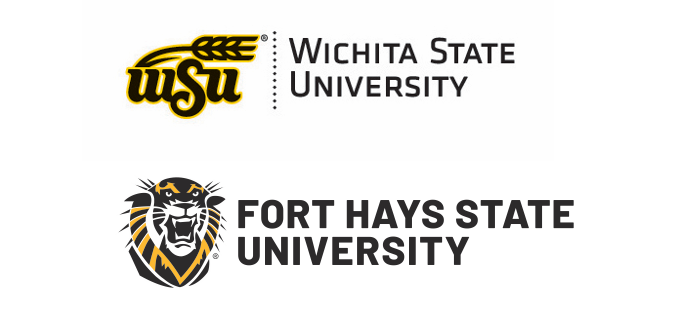
WSU Strategic Communications & FHSU University Communications
The Wichita State University Board of Trustees has approved up to $750,000 to fund a comprehensive feasibility study exploring the creation of Kansas’ first dental school. This is inclusive of support from Fort Hays State University, a partner in the project, which aims to address the state’s shortage of dentists, particularly in rural communities.
The study, to be completed by fall 2026, will evaluate the scope, scale and structure of a potential dental school based in Wichita, with a presence in rural Kansas through Fort Hays State.
Key areas of focus include cohort size, faculty and staff needs, accreditation requirements, facility planning and potential partnerships with Federally Qualified Health Centers to expand clinical access.
If found feasible, the proposed dental school would be part of Phase II of the Wichita Biomedical Campus, a joint initiative between Wichita State and the University of Kansas to strengthen the state’s health care education pipeline. Phase I of the campus — currently under construction in downtown Wichita — is expected to be completed in 2026 and will house health sciences programs from both institutions.
Kansas faces significant gaps in oral health care, with many rural counties lacking practicing dentists. Today, close to 600,000 Kansans have little to no access to professional dental care. Additionally, 20 Kansas counties currently have no practicing dentists, and more than 80% of the state’s 105 counties are experiencing a serious shortage of dentists.
This challenge impacts Kansas’ children, the elderly, and low-income families the hardest, as only one in four dentists in our state serve Medicaid patients. The lack of a doctoral dental education program in Kansas means that the state does not benefit from an annual influx of dental program graduates, who are more likely to establish a practice in the state.
Wichita State President Rick Muma said the study is a bold step toward solving one of the state’s most pressing health care challenges.
“Access to dental care should not depend on your ZIP code,” Muma said. “By partnering with Fort Hays State and the dental community, we can design a program that educates future dentists in Kansas, keeps them in Kansas and ensures every Kansan can get the care they need.”
The study will provide the foundation for building a program that serves Kansas residents statewide, and the process will be guided by data, collaboration and a statewide focus.
“This study will allow us to map out the facilities, faculty, partnerships and accreditation pathways needed to launch a high-quality dental school that meets the realities of our state,” said Monica Lounsbery, Wichita State’s senior executive vice president and provost. “It’s about creating a sustainable model that strengthens our health care workforce and improves lives for generations to come.”
“Nowhere is the critical shortage of access to professional dental care more pressing than in the rural Kansas counties served by Fort Hays State University,” said FHSU President Tisa Mason. “We are honored to join Wichita State University in this important initiative.”
The feasibility study will engage stakeholders from across the state, including dental professionals, policymakers and health care providers, to ensure the proposed program is responsive to Kansas’ unique needs.






